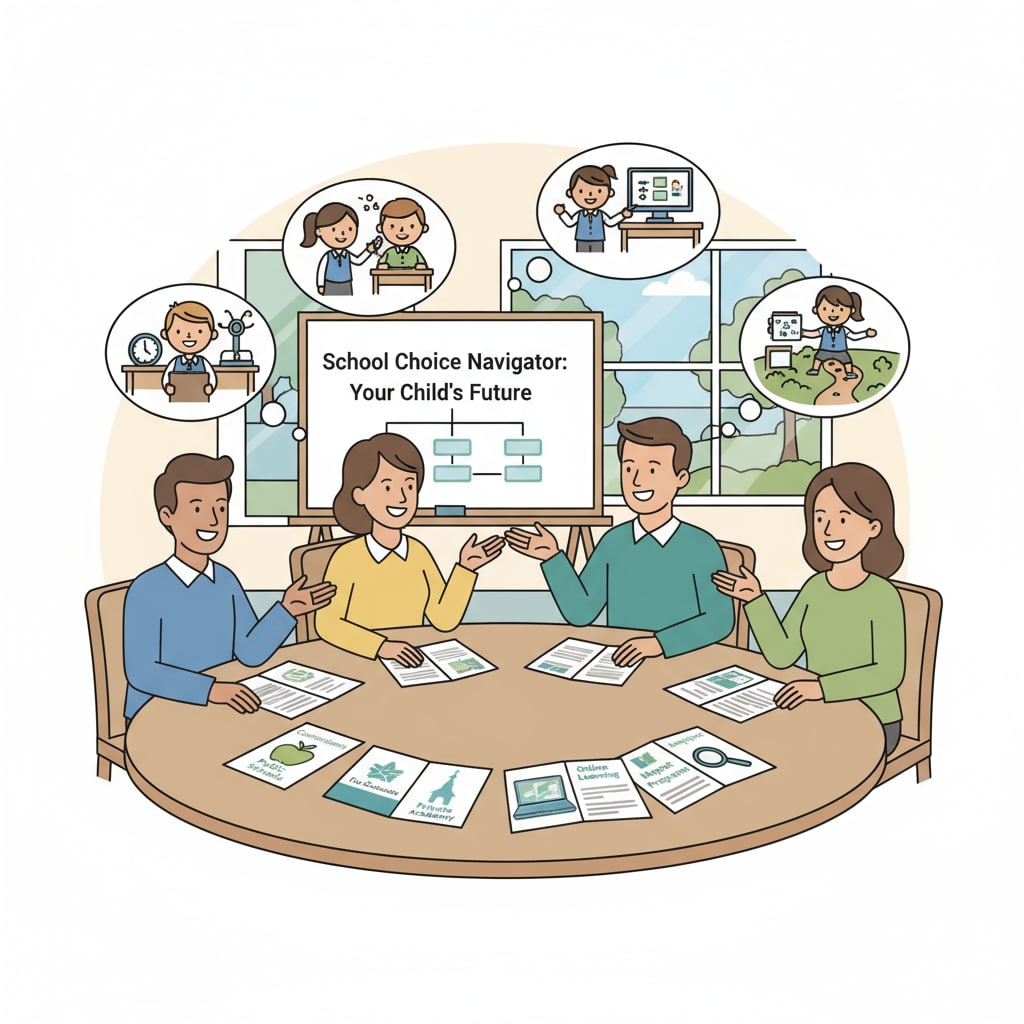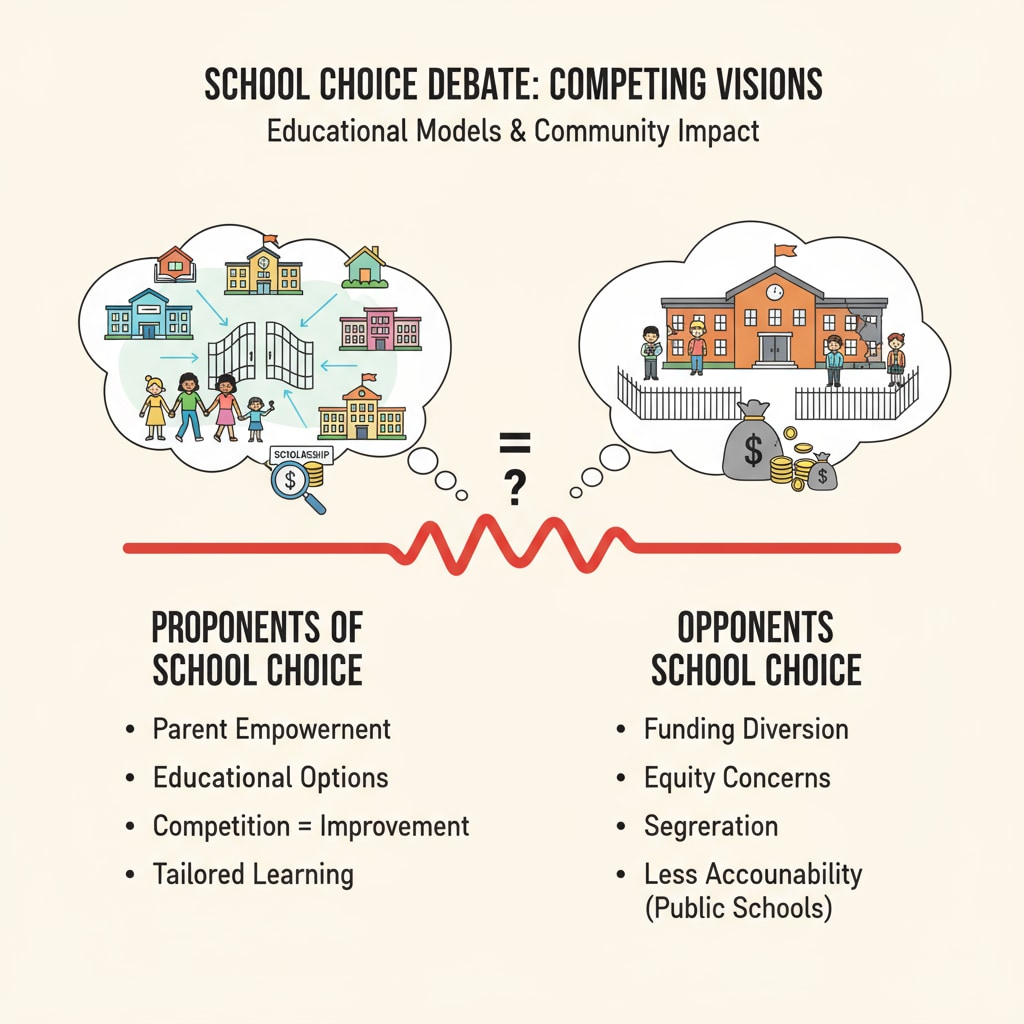School choice, a political issue fraught with controversy, has sparked intense debates in countries such as the United States. This policy, which allows parents to select the schools their children attend, has become a hot topic of discussion in the political arena.

As we explore this complex issue, it’s essential to understand the various dimensions of the controversy and its far-reaching implications.
The Origins of School Choice Controversy
The idea of school choice emerged as a response to perceived inefficiencies and inequalities in the traditional public education system. However, it quickly became a political battleground. Proponents argue that it promotes competition among schools, leading to improved educational quality. Opponents, on the other hand, worry that it could exacerbate existing inequalities. For example, wealthier families may have more resources to access better schools, leaving disadvantaged students behind. School choice on Wikipedia

Impact on Educational Equality
The impact of school choice on educational equality is a major point of contention. While some believe that it gives all students an equal chance to access high-quality education, others fear it may create a two-tier system. In some cases, schools that receive more students through choice may have more resources, while those left behind struggle. This can widen the gap between different socioeconomic groups. Educational equality on Britannica
Another aspect is the potential for segregation. If certain schools become more popular among specific groups, it could lead to increased racial or socioeconomic segregation. This goes against the principles of a diverse and inclusive education system.
Readability guidance: As we can see, the school choice issue is complex. We’ve looked at its origins and impact on educational equality. Next, we’ll explore its influence on social mobility. Using short paragraphs and clear transitions helps in understanding this complex topic.
Effect on Social Mobility
Social mobility is another area where school choice has significant implications. Proponents suggest that by providing access to better schools, it can help students from disadvantaged backgrounds break the cycle of poverty. However, critics argue that without proper regulations, it may not achieve this goal. For instance, if the selection process is not fair, it may still favor students from privileged families.
In addition, the competition created by school choice may put pressure on students and families. This could lead to a situation where only the most resourceful and well-informed are able to take advantage of the available options, further limiting social mobility for some.
Finally, we need to consider the role of the public education system in all of this. School choice has the potential to reshape the public education landscape. While it may bring some positive changes, it also poses risks to the overall stability and quality of the system.
In conclusion, school choice, as a political issue full of controversy, requires careful consideration. We must balance the desire for educational improvement and individual choice with the need to ensure equality and the integrity of the public education system. By understanding the different perspectives and impacts, we can work towards finding solutions that benefit all students.


